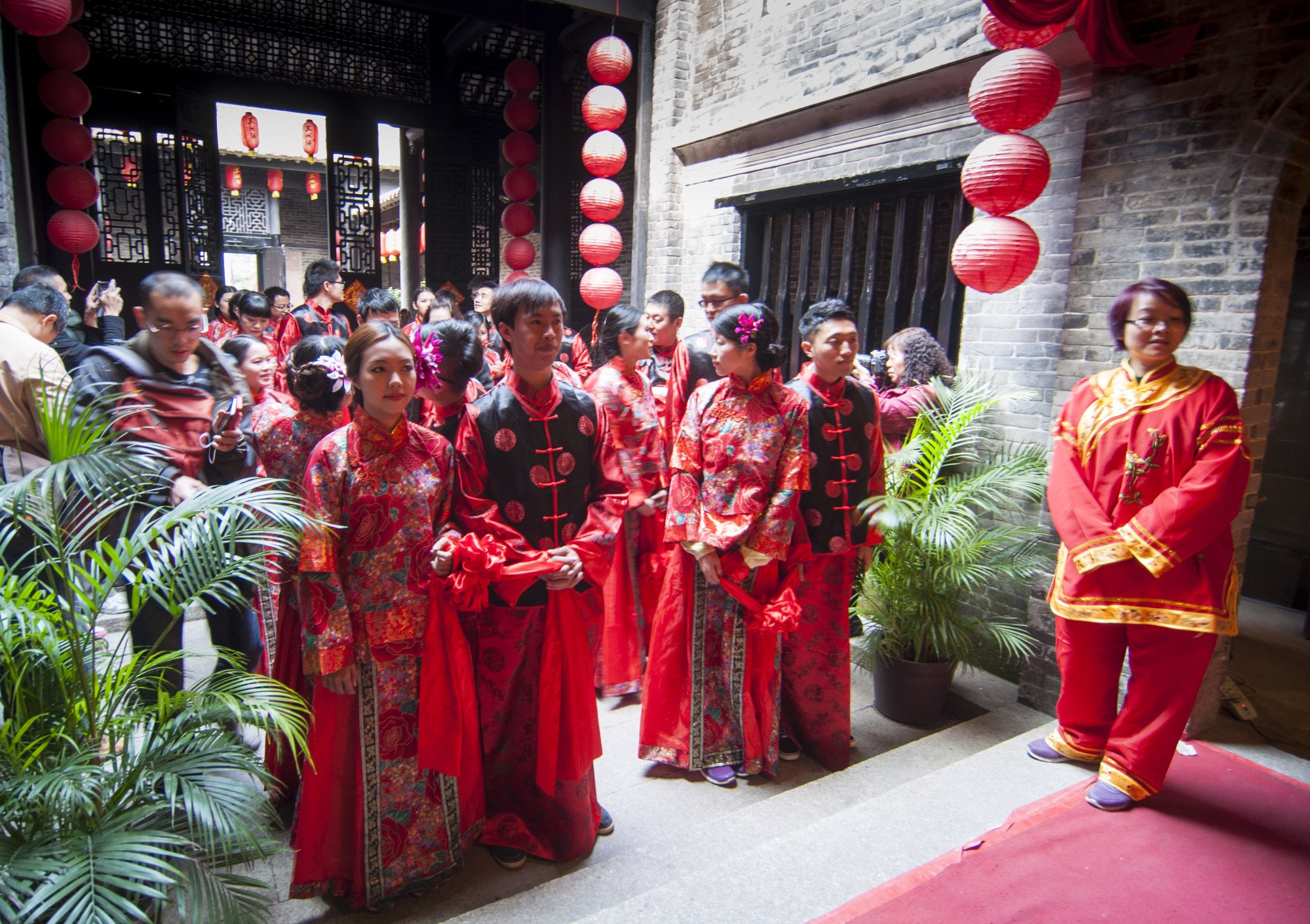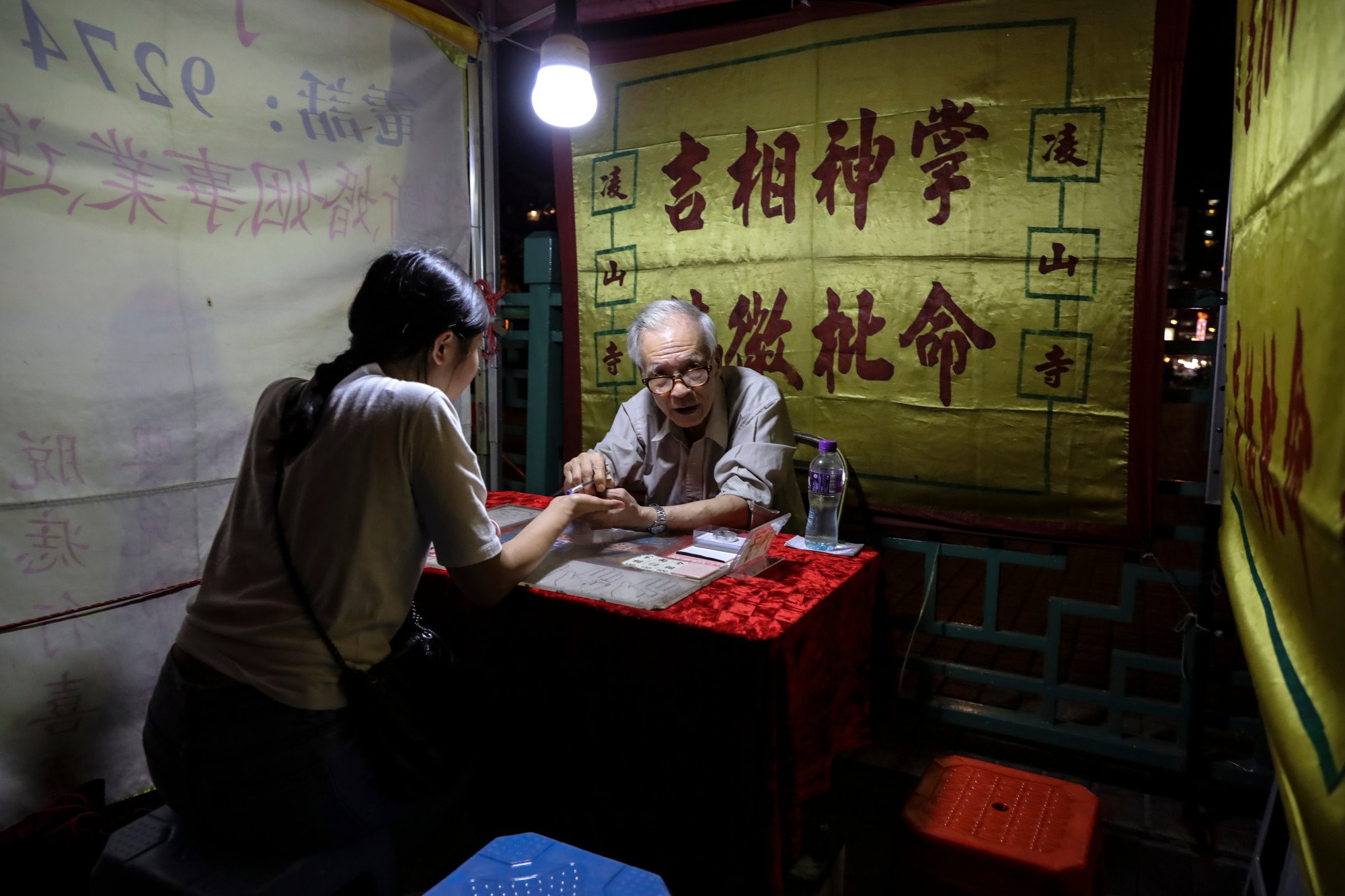Some also linked spring to the energy of the sun, the translation of which in Chinese, yang, is also associated with masculine energy. Thus, lacking spring means lacking masculine energy, which justifies the Widow Year name.
What is a Widow Year?
Pronounced gua fu nian in Chinese, the term refers to a lunar year without Spring Commences, or the first day of spring, the first of the 24 solar terms known as li chun.
The Chinese calendar is lunisolar in form, which means it combines lunar months based on the cycle of the moon, which either has 29 or 30 days and solar terms based on the 365 days the Earth takes to go around the sun.

While a lunar year composed of 12 months does not add up to a solar year in number, the lunar calendar needs to add seven leap months every 19 years to match the two measurements.
This results in some lunar years having two Spring Commences, or two first days of spring, and others having none.
Bad for tying the knot?
While superstition holds that people should wed in “double spring years” and avoid tying the knot in Widow Years, past statistics suggest otherwise.
The Year of the Snake in 2013, which was also a Widow Year, has the highest number of marriages since public records became available in 1978.
The fact that every 19 years contains seven such years also makes the avoidance of them unrealistic for newlyweds.
For many Chinese couples, the desire to have a baby with a specific zodiac sign trumps the notion of getting married in a particular year.
Babies born in the Year of the Dragon are traditionally thought to be endowed with good fortune.
While the numbers fluctuate, demographer and professor at China Renmin University, Zhai Zhenwu, said the desire among Chinese people to have a dragon baby could lead to a rise in birth rates in the year ahead.
Superstition also dictates that it is ominous to build a new house in a Widow Year, as the lack of a first day of spring is considered bad feng shui.
It is also thought that these years are inauspicious, and disrespectful to ancestors when it comes to erecting a tombstone or memorial.

Tips for a lucky marriage
Despite an increasing number of young people tying the knot regardless of traditional beliefs, a number of customs perceived as lucky persist.
Much of this folklore, which stretches back centuries, revolves around auspicious dates and times – even down to the specific hour the event begins – which can determine how well everything goes.
Other tips include the placement of auspicious ornaments in the wedding room such as red bed sheets, and the wearing of red string bracelets or jade accessories.